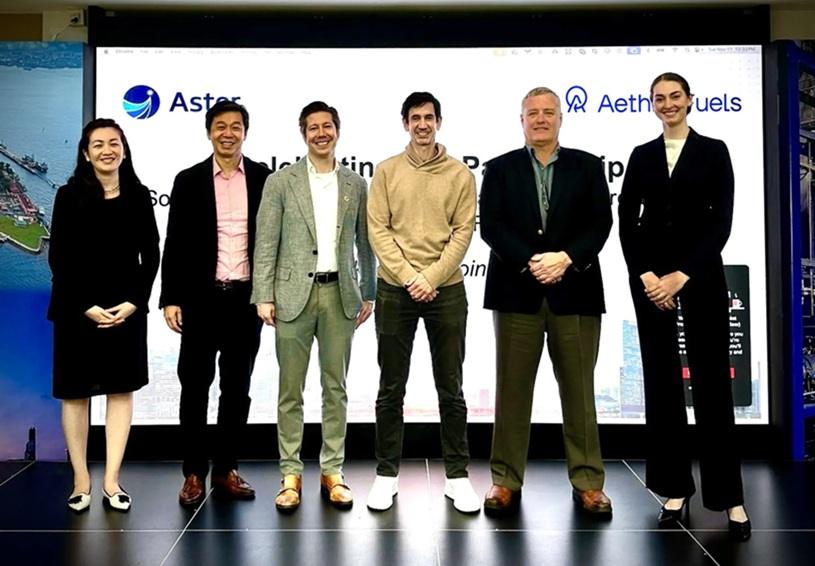Elon Musk's influence on the electric vehicle (EV) landscape cannot be overstated; his vision has not only propelled Tesla to the forefront but has also catalyzed a broader industry transformation. Hyundai's CEO recently articulated the dual-edged nature of Musk's impact: while he has driven innovation and consumer interest in EVs, he has also set a high bar for competitors, creating a challenging environment for traditional automakers. This dynamic raises critical questions about how established companies can adapt to the rapidly evolving market, particularly as they strive to match Tesla's technological advancements and brand allure. The urgency for innovation is palpable, as the automotive sector faces increasing pressure from both regulatory bodies and environmentally conscious consumers demanding sustainable solutions.
To navigate this competitive landscape, Hyundai is focusing on strategic investments in technology and infrastructure, aiming to enhance its EV offerings while maintaining affordability. The CEO emphasized the importance of collaboration within the industry, suggesting that partnerships could accelerate the development of new technologies and charging solutions. By leveraging shared resources and expertise, automakers can collectively address challenges such as battery production and supply chain sustainability. This approach not only positions Hyundai to better compete with Tesla but also underscores a shift towards a more cooperative industry ethos, which could ultimately benefit consumers through improved product offerings and greater accessibility to electric mobility.









